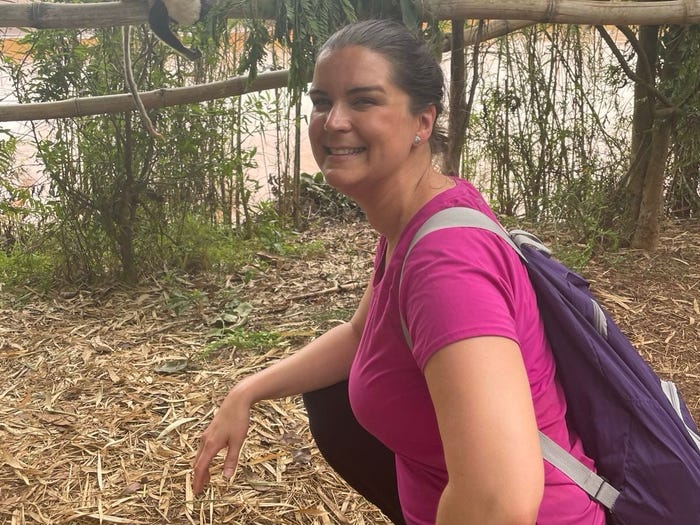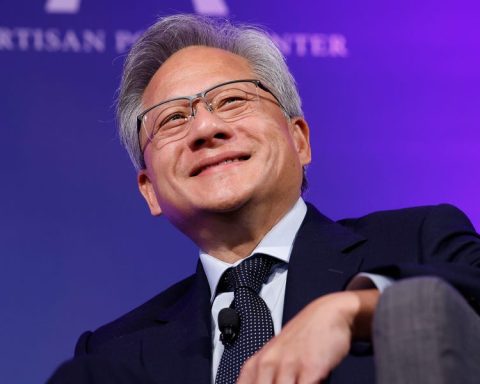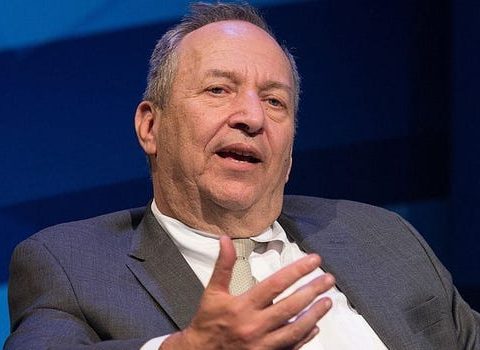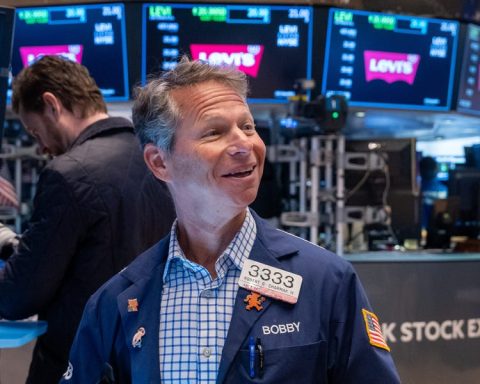Emily B. Brown
Emily B. Brown is a self-employed consultant who has faced significant challenges recently due to changes in US foreign aid policies.
Career Challenges
With extensive experience as a self-employed consultant, Brown understands the unpredictable nature of her cash flow, which can fluctuate dramatically. However, she could not have anticipated the impact of federal agencies being dismantled, which has greatly affected her business. In February, she found herself without any contracted income for 2025 — a consequence of President Donald Trump’s freeze on government spending and the substantial cuts to US foreign aid.
Being a business owner means that Brown is ineligible for unemployment benefits, prompting her to seek part-time work in both retail and as a scuba diving instructor just to cover her basic living expenses, including rent. “I have to support myself,” she stated, emphasizing her long-standing career in politics and foreign aid since the age of 21 while living in Key West, Florida.
Impact of Aid Cuts
Brown is among many American workers both domestically and internationally who have had their careers upended due to Trump’s 90-day foreign aid freeze, the cessation of 83% of USAID programs, and the substantial reduction of nearly all of USAID’s 10,000 personnel. While Trump and the White House’s DOGE office defend these actions as prioritizing “American interests” and eliminating wasteful expenditures, critics argue that such policies risk diminishing US global influence and could even lead to preventable deaths around the world.
“President Trump serves the American people, not government contractors who seek to profit from taxpayer dollars through DEI and other initiatives that do not align with the America First agenda,” White House Deputy Press Secretary Anna Kelly remarked in an interview. She noted that the policies aim to bolster private sector growth and support small businesses while leveling the international playing field for American companies.
As the administration faces a barrage of lawsuits challenging the USAID shutdown and moves to cut down the federal workforce, Brown’s professional future hangs in the balance.
The Decline of DEI Work
At 39 years old, Brown has dedicated over a decade to international development, with a specialization in gender equality and social inclusion. Prior to the contract terminations, she had secured three contracts for 2025, totaling about $63,000 from USAID and the Millennium Challenge Corporation (MCC), a foreign aid agency dedicated to economic growth in lower-income countries.
However, this work abruptly stopped in late January, resulting in a complete loss of her expected income. Correspondence she shared confirmed that her contract with a USAID-funded anti-corruption endeavor was terminated as of February 13. This program was focused on preventing money laundering in sectors such as shipping and real estate, with Brown planning to conduct gender analyses in Albania and Ghana.
Despite her efforts, she has yet to receive payment for the work she completed in January, amounting to nearly $3,700, as evidenced by an invoice she provided. Additionally, her two contracts with the MCC are currently suspended while under review by the Trump administration. Her planned research in Timor Leste and Gambia would have explored barriers to education access for girls, women, and persons with disabilities.
“My expertise is in gender equality and social inclusion,” Brown explained, highlighting the importance of US-funded programs reaching those most in need – often women, children, and persons with disabilities. She noted a shift in opportunities since the Biden administration emphasized equity, but the post-election landscape under Trump has her concerned about the future of her expertise as diversity, equity, and inclusion initiatives come under scrutiny.
“At the end of 2024, organizations were beginning to be more cautious, and post-election, they became even more hesitant to invest in consultants focused on gender and inclusion,” she remarked.
Emotional Toll
The aftermath of losing her contracts has taken a toll on Brown, as few fellow residents in Key West understand the challenges of her dependency on federal work. She expressed feelings of uncertainty about her future, citing the administration’s targeting of civil society organizations that diverge from their agenda, which she perceives as “authoritarian.”
“It wasn’t until I started getting out on that dive boat at least once or twice a week in the sun and in the water that I began to feel a little better emotionally and physically,” Brown shared, although she admits to still feeling emotional on her days off.









